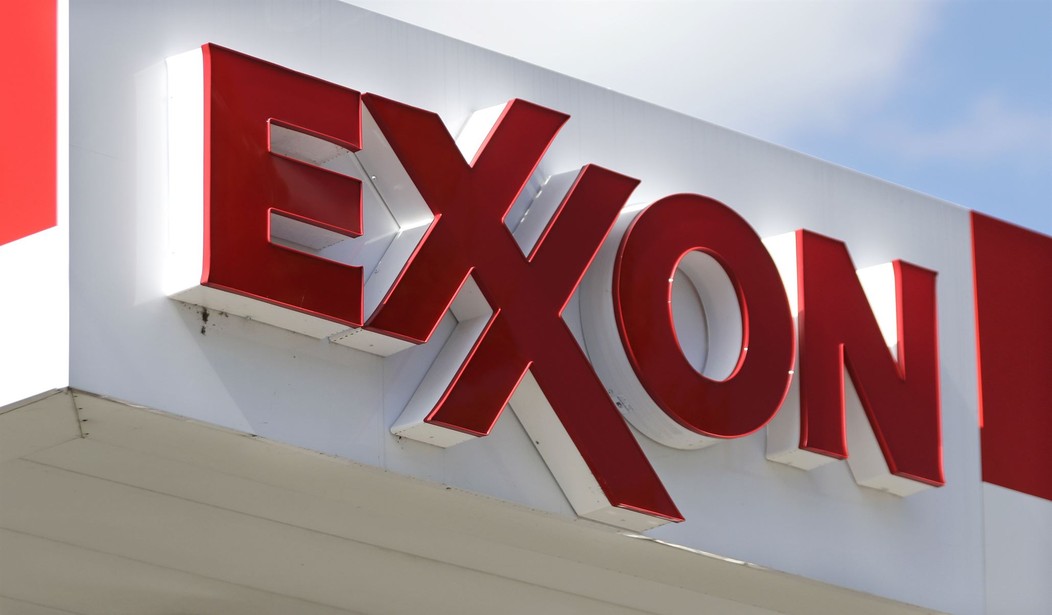The Environmental, Social, and Governance (ESG) movement is being proactively challenged in the private sector, state legislatures, and in Congress.
What explains this? First, it won’t save the planet. Secondly, it’s political and hostile to conservative or independent views. And most troubling of all, its framework is antithetical to free market economics since it forces behaviors on the public.
ESG, unsurprisingly, has morphed into a pernicious ideology. Its reporting regime—specifically the scoring system— is similarly worthy of scrutiny since corporations reportedly pay upwards of $500,000 to attain good ESG scores.
The sustainability consultancy firm ERM issued a revealing report entitled Rate the Raters 2023: ESG Ratings at a Crossroads, exposing the industry’s controversial reporting practices.
As I noted on Independent Women’s Forum’s blog, publicly traded companies “spend an average of $220,000 and $480,000 annually to boost their ESG ratings compared to private companies (which pay between $220,000 and $480,000 annually). In contrast, investors spend an average of $175,00 to $360,000 annually to improve their standing.”
These fees are outrageous. No wonder ESG ratings, as currently presented, don’t instill much confidence in the movement.
An August 2022 Stanford University study entitled “ESG Ratings: A Compass without Direction” found they are prone to vast shortcomings. The study concluded, “We find that while ESG rating providers may convey important insights into the nonfinancial impact of companies, significant shortcomings exist in their objectives, methodologies, and incentives which detract from the informativeness of their assessments.” The Wall Street Journal also stressed that ESG ratings, at best, are subjective opinions.
Recommended
Are high ESG scores reflective of real-life behavior and practices? The evidence suggests the opposite is true. Before their respective collapses, both FTX and Silicon Valley Bank –coincidentally enough– boasted about high marks on sustainability and equity. The former even garnered a higher rating on factors like leadership and governance compared to oil giant Exxon Mobil. And three nations - Ghana, Sri Lanka, and the Netherlands - boasting near-perfect ESG scores collapsed or were on the verge of going under after adopting green bonds and banning fertilizer—policies aligned with the “E” prong.
Recently, ESG reporting has manifested in other ways, like monitoring biodiversity impact and even rating chocolate companies.
During the 15th annual United Nations Biodiversity Conference (COP15) in Montreal, Canada, last December, signatories agreed to the Kunming-Montreal Global Biodiversity Framework to advance a global, whole government policy to conserve 30% of “waters” and 30% of “lands” by 2030. (Biden’s “America the Beautiful” initiative mirrors the U.N.’s plan with its own 30-by-30 initiative.) Contained in the agreement is a call to action for corporations to start tracking biodiversity impact as they do carbon emissions.
Naturally, these guidelines were devised by the International Sustainability Standards Board and are aimed at supplementing existing climate disclosure frameworks already commonplace in ESG reporting.
Expanding disclosures to account for “ risks, dependencies and impacts” for biodiversity is arguably harder to track and extremely infeasible. Talk about an inconvenient truth.
ESG reporting is also coming for your favorite chocolate brands.
An organization called Be Slavery Free is behind the hottest list out there, The Chocolate Scorecard, that rates “good eggs” and “rotten eggs” in the chocolate industry on sustainability. Their website says their team consists of “universities, consultants, and civil society groups engaging in transforming the chocolate industry.”
They score a company based on whether or not they align their business goals with the scorecard’s methodology. Metrics include “traceability and transparency,” “living income,” “deforestation and climate,” and “child and slave labor,” among those listed.
They deemed Walmart and General Mills their “cracked eggs” of 2023.
“We believe that all companies selling chocolate products should be able to provide the information requested in the survey,” the methodology paper said. “Consumers and investors have a right to be informed about the conditions under which chocolate is produced.”
Like other ESG scoring metrics, the report’s methodology is flawed and may ignore bad company behavior if they check the right boxes.
What’s the takeaway from ESG and its accompanying scores? These funds have a demonstrably low return on investment, while ESG reporting firms similarly suffer credibility problems. As the aforementioned Stanford study explains, “Unfortunately, it is rare for rating providers to offer concrete, systematic evidence to back up claims about their ratings.”
That isn’t stopping the Biden administration, however, from adopting its own policy on climate risk assessment by executive order.
Although the term has gotten so toxic, its proponents are urging people to use nice-sounding alternatives like “freedom to invest” and “responsible investing.” But as the Economist observed, it’s a deeply broken system steeped in sanctimoniousness.
ESG’s brand and scoring system is rightly being scrutinized by business people and a growing number of bipartisan lawmakers. Let’s hope more come out against it.

























Join the conversation as a VIP Member